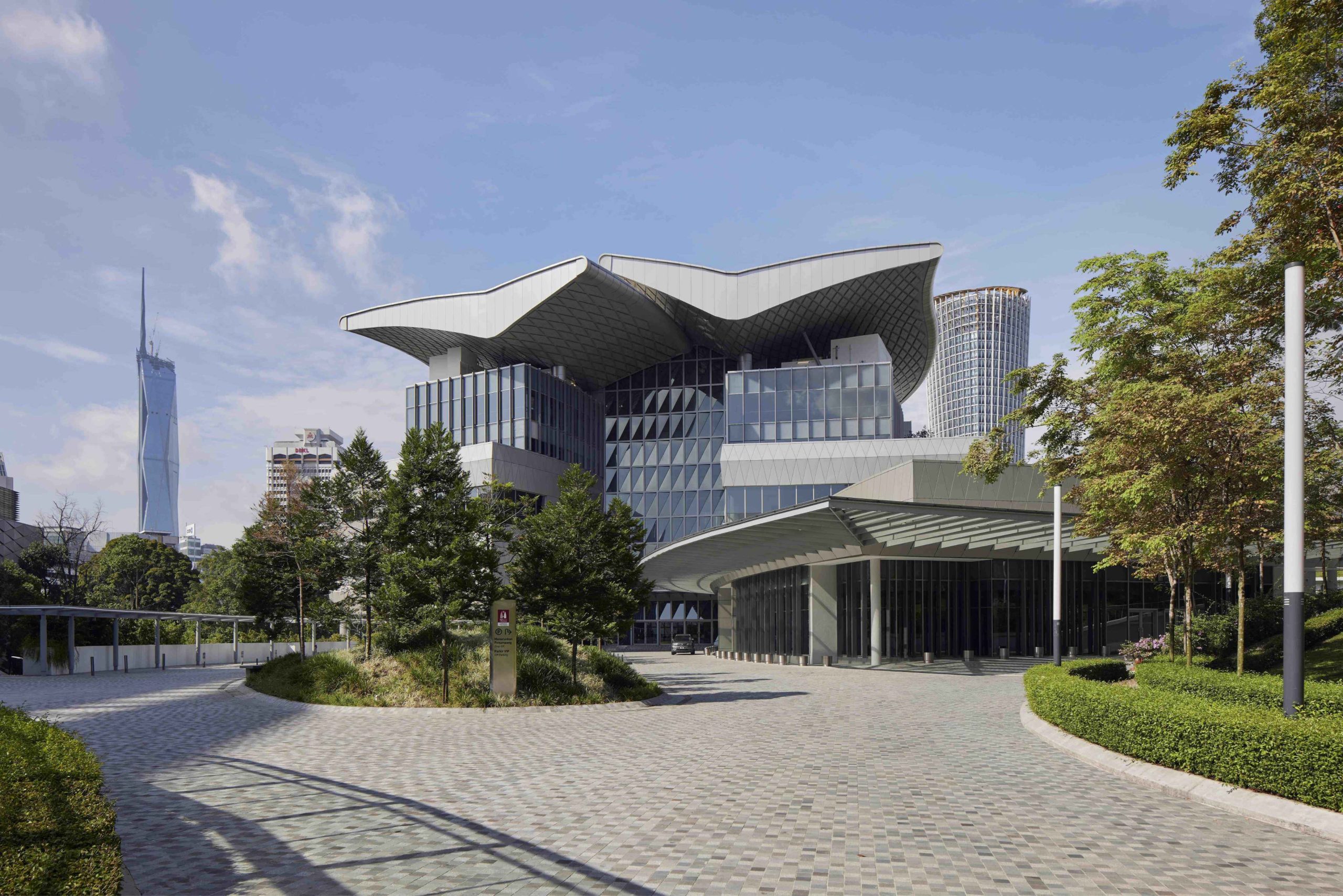Building Crisis - Resilient Banks with Recovery & Resolution Planning

Building Crisis - Resilient Banks with Recovery & Resolution Planning


November 18, 2024
Date
9:00 AM – 1:00 PM
Time
RM 1,500*
Program Fee
In-Person
Format
Overview
The banking turmoil of 2023, with reference to Silicon Valley Bank (SVB) and Credit Suisse, shows how issues in a bank can escalate quickly and cause a bank failure. It underscores the importance of robust crisis preparedness for banks.
This program will consider key takeaways from BNM and PIDM’s regulatory initiative on recovery and resolution planning, which is a tool to facilitate and enhance recoverability and resolvability of Malaysian banks. It will discuss international case studies of past bank failures and how recovery and resolution planning that were implemented in other jurisdictions have contributed to the successful handling of the past failures. The program seeks to offer fresh perspectives and practical application for the Malaysian context. It will also discuss how board of directors can play a crucial role to oversee the recovery and resolution planning process towards enhancing the bank’s crisis preparedness and operational resilience over time.

- Explain how a bank can fail unexpectedly and in a fast-paced manner;
- Discuss the board of directors’ role in crisis preparedness by providing strategic leadership and input to management to build crisis capabilities during good times;
- Explain how recovery and resolution planning can help a bank in crisis.
- Board of Directors of banks
- Anyone who may find this program helpful
Faculty Profile
Daniel Chin Shen Li
Director of the Financial Surveillance Department at Bank Negara Malaysia (BNM)
Afiza Abdullah
Executive Vice President of Perbadanan Insurans Deposit Malaysia (PIDM)
Ho Kwok Piow
Head of Intervention and Resolution of MI Groups at Perbadanan Insurans Deposit Malaysia (PIDM)
Connect with us to start
Building Crisis - Resilient Banks with Recovery & Resolution Planning
RM 1,500*
*excludes Sales & Service Tax (8%)








